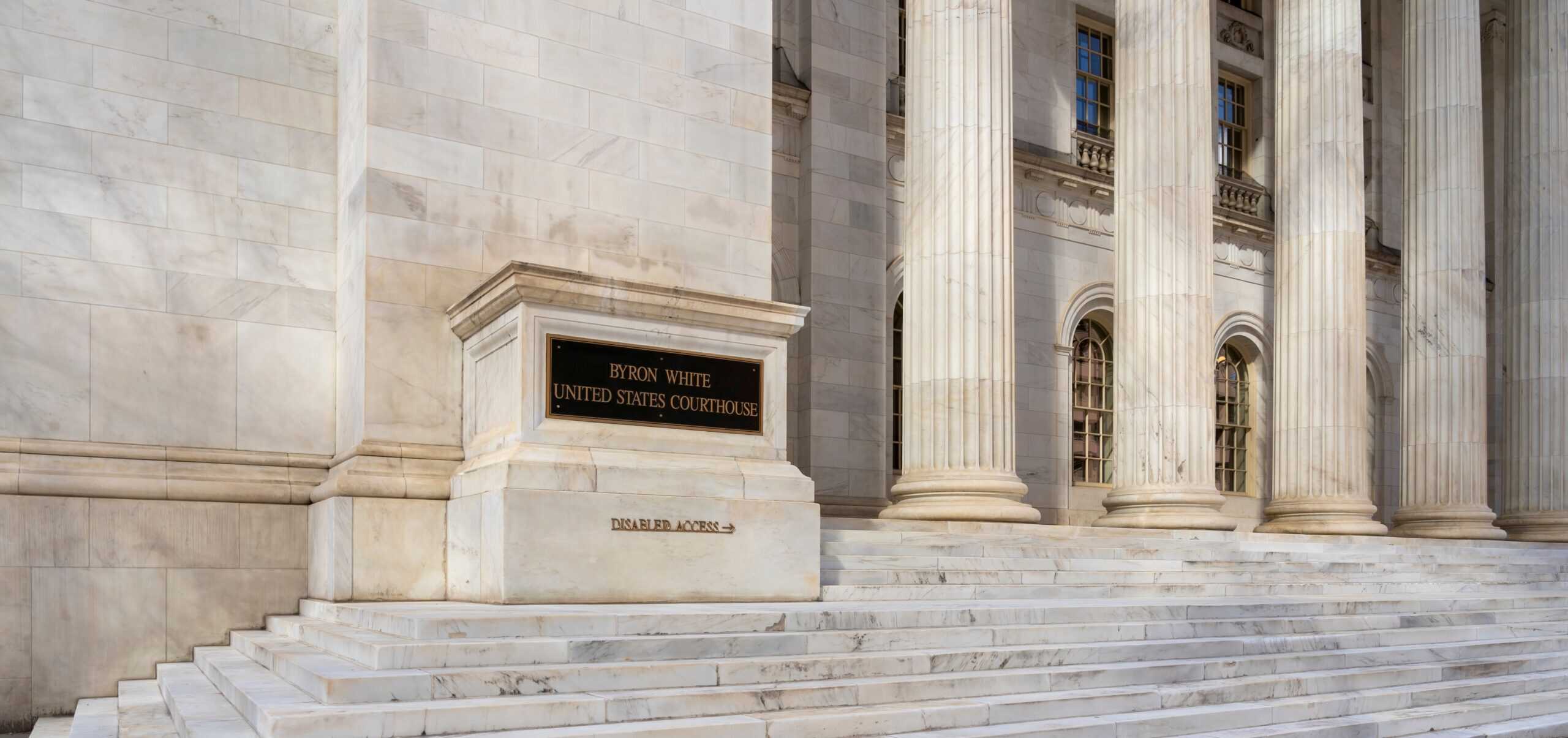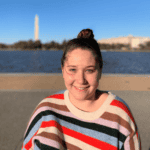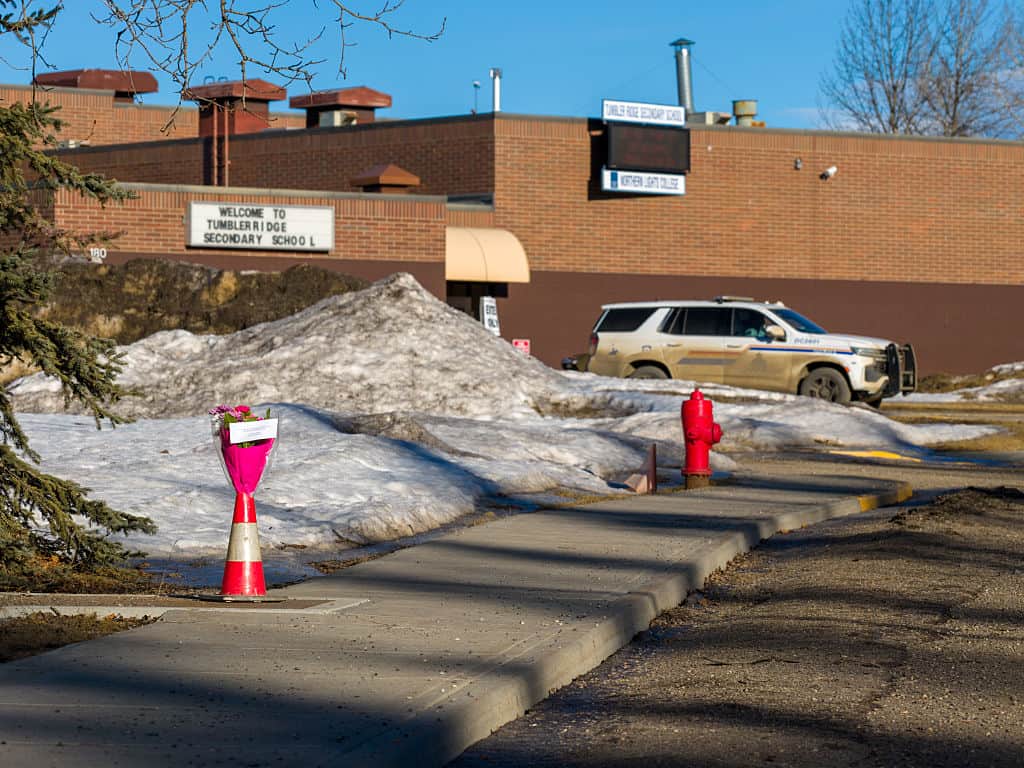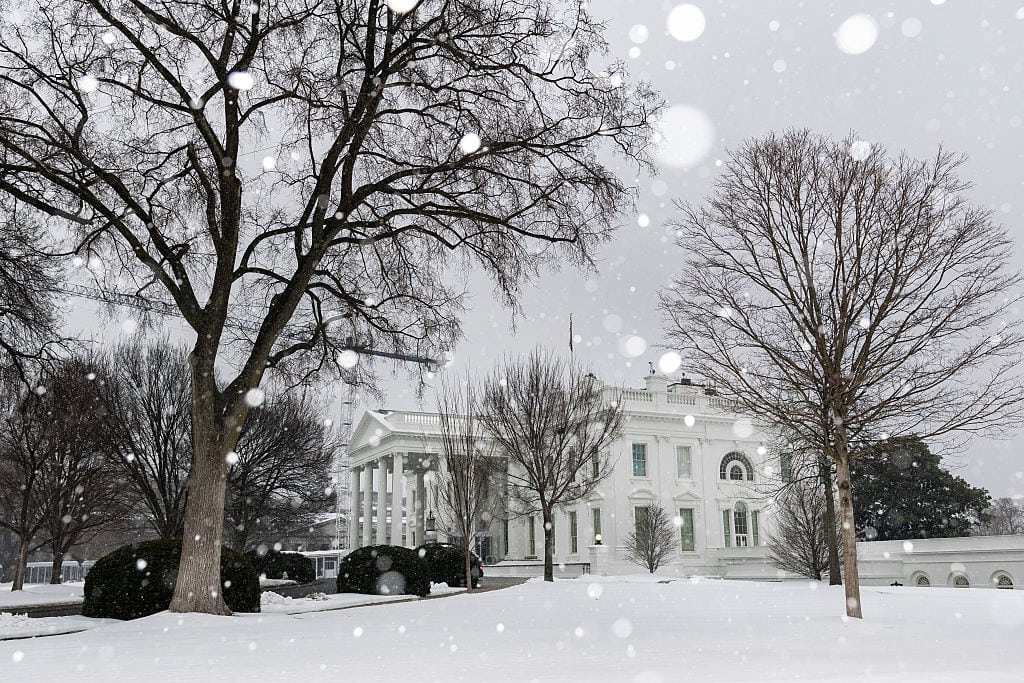University of Colorado Vax Mandate Ruled Unconstitutional

QUICK LOOK
- The Tenth Circuit Court of Appeals found the COVID-19 mandates imposed by the University of Colorado Anschutz School of Medicine unconstitutional on May 7th.
- The school refused to grant religious vaccine exemptions to some religions, while granting them to others.
- The 2-1 ruling found the school’s mandate violated the appellants’ First and Fourteenth Amendment Rights.
The 10th Circuit Court of Appeals ruled the University of Colorado’s expansive COVID-19 vaccine mandate unconstitutional earlier this month, calling it “religious animus.”
Seventeen students and employees at the University of Colorado’s Anschutz Medical Campus sued the school for religious discrimination in the fall of 2021.
The plaintiffs argued Anschutz violated their First Amendment rights by selectively denying their religious objection to the COVID-19 vaccine.
The District Court for the District of Colorado ruled against the anonymous plaintiffs twice — once on October 25, 2021 and again on January 27, 2022.
Thomas More Society and Telios law appealed the case against the University of Colorado to the 10th Circuit in March 2022. The court handed down their favorable, 55-page ruling on May 7th.
The University of Colorado’s Anschutz Medical Campus released two discriminatory COVID vaccine policies in September 2021.
The first policy:
- Required all students, employees and individuals “who currently or may in the future access any CU Anschutz facility or participate in any CU Anschutz program … regardless of location” to get vaccinated.
- Forced those requesting religious exemptions to submit to extensive questioning about their beliefs.
- Granted religious exemptions only to those whose faiths forbid all vaccines — as determined by the school.
Under this initial policy, Anschutz denied religious exemptions to Roman Catholics, Eastern Orthodox Christians, Buddhists, Evangelical Christians and non-denominational Protestant Christians, but provided them to Christian Scientists and Jehovah’s Witnesses.
When the school was threatened with litigation, leaders introduced a new policy:
- Forbidding all students from seeking religious exemptions (though they could continue to seek medical exemptions).
- Granting religious exemptions to employees provided they did not pose “undue hardship to the University.”
A bioethicist and employee at Anschutz, Jane Doe 1 reportedly requested an exemption from the COVID vaccine because it had been tested on aborted fetal cells.
The school denied her exemption, according to the appeal, telling her, “‘As a bioethicist,’ she ‘was surely aware’ that drugs like Tylenol and Aspirin that she herself prescribes ‘have been tested on the same’ aborted-fetal cell line as available COVID vaccines.”
The appeal finds the school’s reasoning flawed, noting, “[Aspirin and Tylenol] have been in use since the 1800s” and “have no intrinsic connection to abortion at all.”
Judges Allison Eid and Jerome Holmes found The University of Colorado and Anschutz guilty of violating three legal principles: A school receiving federal funding can’t,
- Punish employees based solely on their religious beliefs.
- Determine the authenticity of an employee’s belief by deciding whether it perceives the employee’s doctrine to be “coherent or legitimate.”
- Create policies making secular exemptions easier to get than religious ones.
For violating these principles, the Judges found Anschutz’ policy likely violated “the Free Exercise and Establishment Clauses of the First Amendment and the corresponding rights incorporated against the states by the Fourteenth Amendment.”
Further, the ruling declared the school’s policies motivated by religious animus, or “hostility to certain religions.”
The Administration has not even attempted to explain why its interest is served by granting exemptions to practitioners of some religions, but not others. No one contends that Christian Scientists are any less likely to contract or to spread COVID-19 than Buddhists or Roman Catholic or Orthodox Christians.
To paraphrase a prior opinion of this Court: the Administration’s policy does not stop exemptions for religious beliefs; it only stops exemptions for religious beliefs the Administration deems inconsistent.
Judge David Ebel partially dissented from the majority ruling.
The chaos and confusion of COVID-19 gave powerful people unprecedented license to curtail people’s freedoms — to speak, to congregate, to attend schools and to exercise religion.
These restrictions changed the lives of many Christians, but the outcries seemed few and far between, lost under an avalanche of mis-reported health catastrophes and political scandals.
The Daily Citizen is grateful that these beleaguered people are getting their day in court — and winning.
Our constitutional freedoms are rooted in the innate dignity of human beings, bestowed upon us by our Creator God. We should cherish them as blessings — and fight for them when they are taken away.
Additional Articles and Resources
Social Media Censorship Case Reaches Supreme Court
Florida Grand Jury Releases Report Finding Masks, Lockdowns Were Harmful and Ineffective
We Can Never Let Them Close Churches and Schools Again
China’s Pneumonia Outbreak in Context: Here’s What You Need to Know
ABOUT THE AUTHOR

Emily Washburn is a staff reporter for the Daily Citizen at Focus on the Family and regularly writes stories about politics and noteworthy people. She previously served as a staff reporter for Forbes Magazine, editorial assistant, and contributor for Discourse Magazine and Editor-in-Chief of the newspaper at Westmont College, where she studied communications and political science. Emily has never visited a beach she hasn’t swam at, and is happiest reading a book somewhere tropical.




